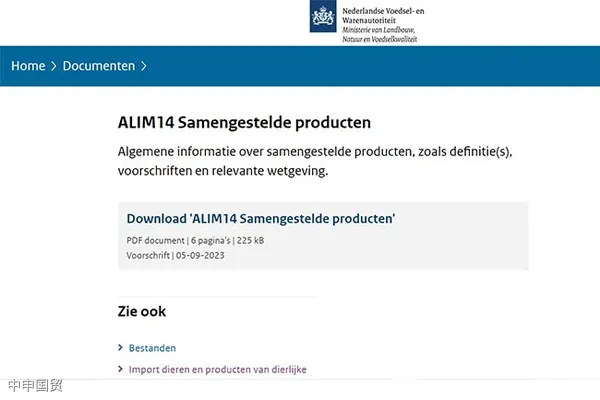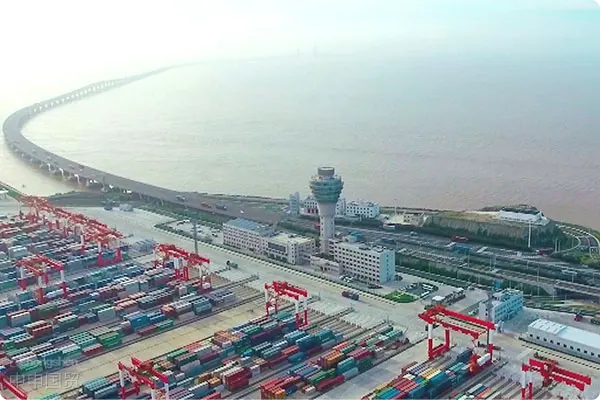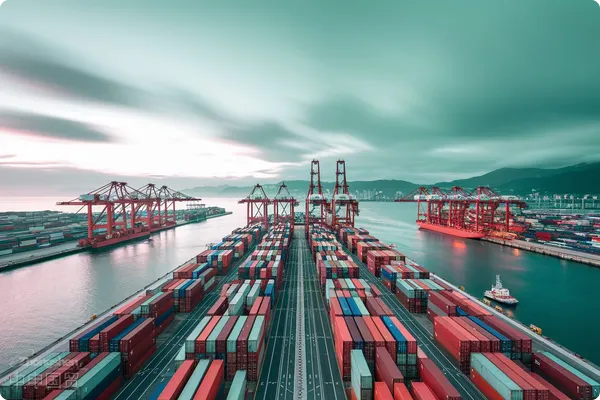- Shanghai Zhongshen International Trade Co., Ltd. - Two decades of trade agency expertise.
- Service Hotline: 139 1787 2118

On September 5, 2023, the Netherlands Food and Consumer Product Safety Authority (NVWA) officially announced the import conditions for composite foods from non-EU countries, aiming to ensure food safety and quality. Below are the detailed contents of this new policy:
Purpose and Scope of Application
These new import conditions aim to regulate the import of composite foods from non-EU countries. However, it is important to note that these regulations do not apply to the following products:
(1) Unprocessed animal-derived products
(2) Animal-derived products without plant products
(3) Products composed of processed animal-derived products and vegetable products
Definition of Composite Foods
Composite foods typically consist of two or more food ingredients. However, the following products are not considered composite foods:
(1) Fish paste
(2) Tuna in oil
(3) Vanilla Cheese
(4) Fruit Yogurt
(5) Sausage Containing Garlic or Soy
(6) Breadcrumbs
Import Conditions
All composite food products imported from non-EU countries must have animal-derived ingredients sourced from companies registered with the EU and from animal-derived product varieties permitted for import into the EU. However, products containing ingredients such as gelatin or collagen are exempt.
Inspection Regulations
All composite food products entering the EU must undergo inspection at border control posts. However, the following three categories of products are exempt:
(1) Shelf-stable composite food products
(2) Long-life composite food products
(3) Composite food products containing only dairy and egg products
It is worth noting that long-life composite food products requiring frozen transportation for sensory quality purposes still need to undergo inspection.
Certification Requirements
Imported composite food products must be accompanied by the appropriate compliance certificates to verify their safety and quality.
In summary, to ensure food quality and safety, the Netherlands has established a series of standards and conditions for the import of composite food products. Exporters and importers should ensure they understand and comply with these new regulations to guarantee food safety and compliance.
Related Recommendations
? 2025. All Rights Reserved. 滬ICP備2023007705號-2  PSB Record: Shanghai No.31011502009912
PSB Record: Shanghai No.31011502009912










